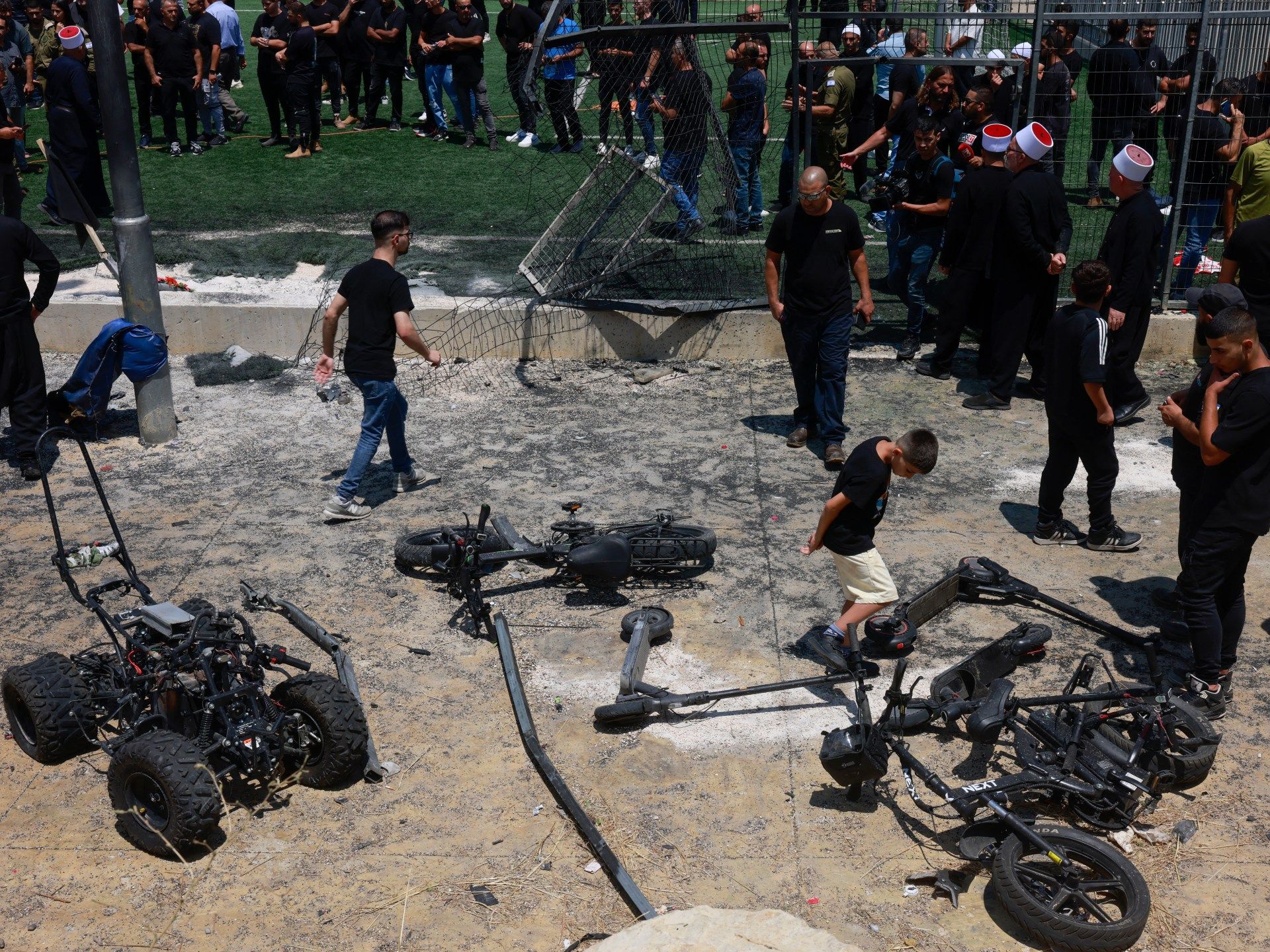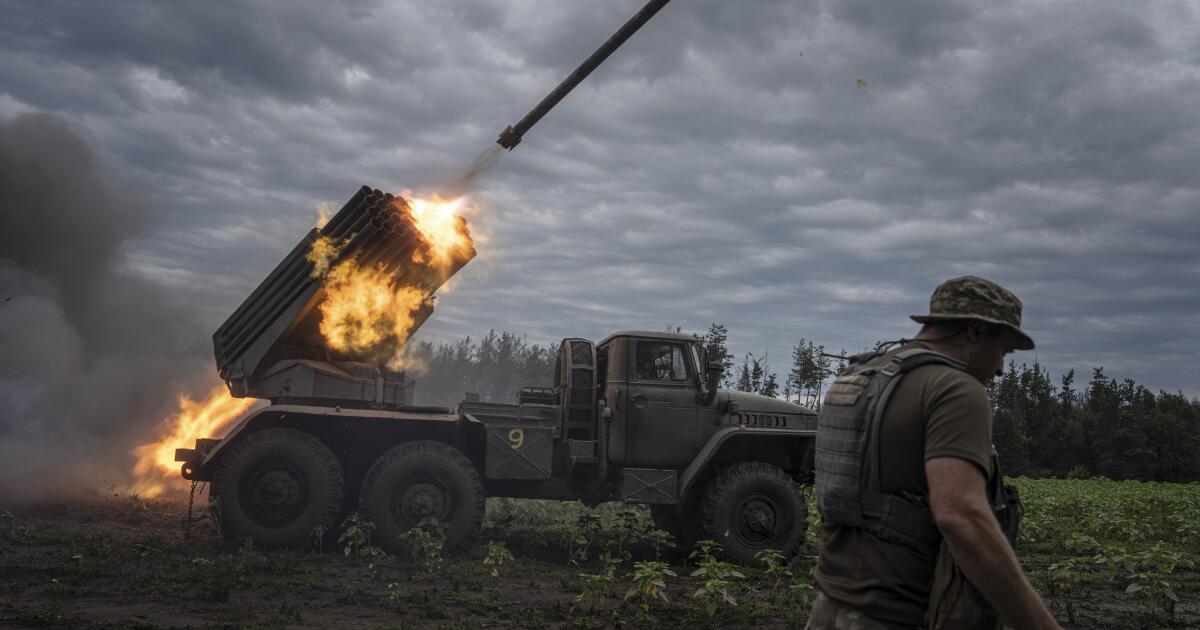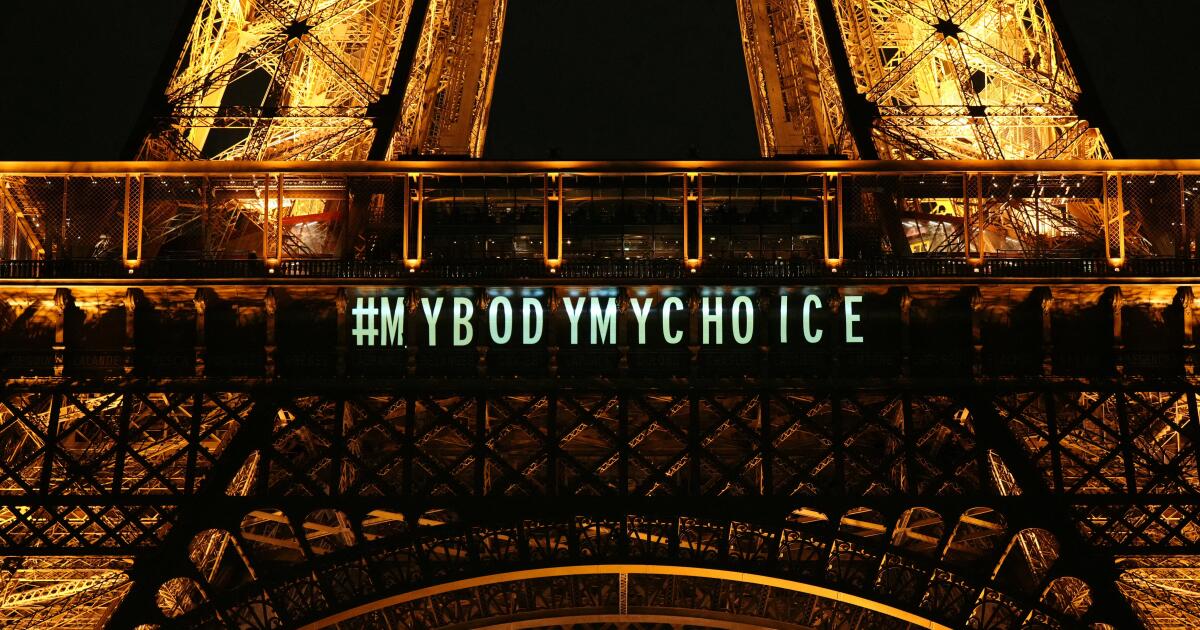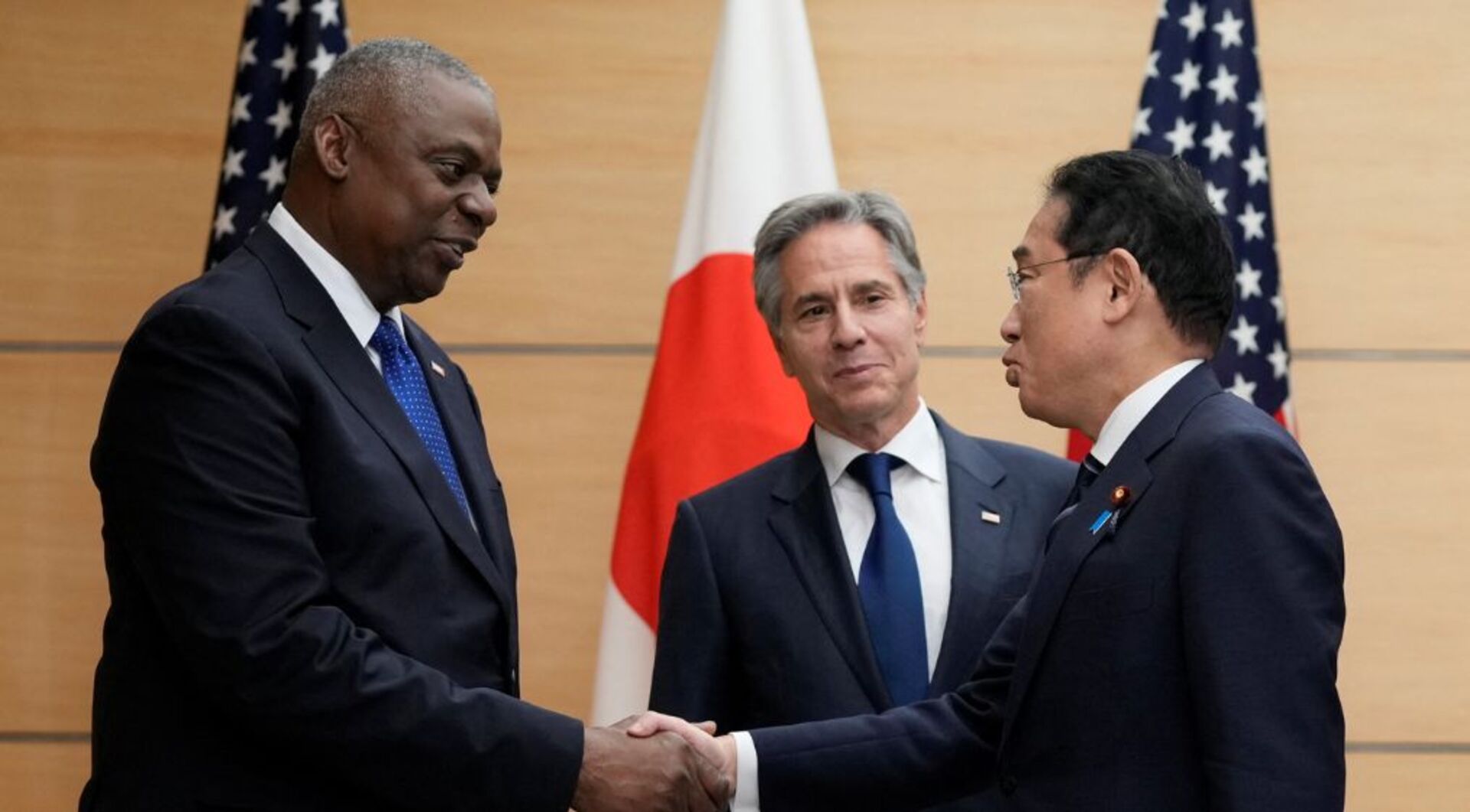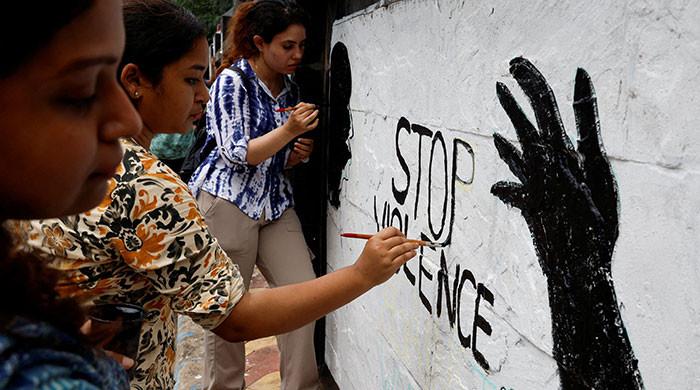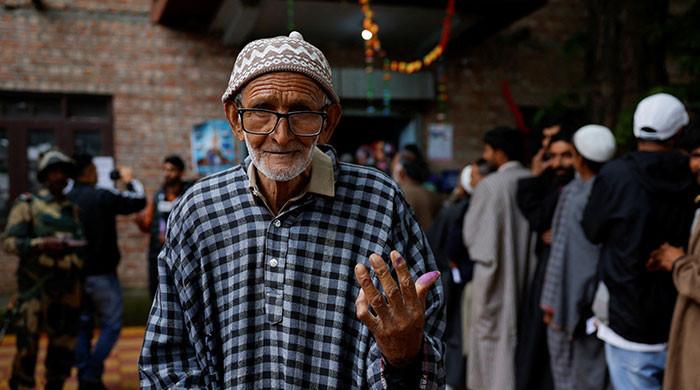Israel is preparing to launch a major assault on Lebanon following a deadly rocket attack on the Israeli-occupied Golan Heights, but is unlikely to want to trigger an all-out war with Hezbollah, analysts say.
Israel blames the Lebanese armed group for firing a projectile that hit a soccer field on Saturday, killing 12 children and youths in the Druze town of Majdal Shams.
Although Hezbollah has denied responsibility for the attack, Israel has said the group has crossed a “red line” and will pay a “heavy price” for the incident.
“[The projectile] It was clearly a mistake, and Hezbollah is not interested in attacking the Druze, but Hezbollah was attacking Israeli positions about 2.5 km away. [1.5 miles] “The plane was far from Majdal Shams, so it’s possible it made a mistake in targeting,” said Nicholas Blanford, a Hezbollah expert at the Atlantic Council think tank.
Israel and Hezbollah have been engaged in a low-scale conflict since Hamas-led attacks on communities and military posts in southern Israel on Oct. 7. Hezbollah has repeatedly said it would end attacks on Israel if a ceasefire is reached in Gaza, where Israel's war has killed nearly 40,000 Palestinians.
What does the attack on the Golan Heights mean for a possible escalation between Hezbollah and Israel?
Getting support
According to analysts, Israel appears to be using the attack to garner domestic and international support for a major attack on Lebanon.
On Israel's official X website, an image of the Israeli and Druze flags was posted with the caption: “We are all Druze.”
Another message read: “They take babies hostage. They fire rockets at houses. Hezbollah, Hamas, Houthis. They are all Iran.”
All three groups are among those in the region that are aligned with Iran. While they are described as part of an Iran-backed “axis of resistance,” each group emerged from conflicts specific to their respective context and has its own interests.
Following the Majdal Shams attack, Israeli Prime Minister Benjamin Netanyahu on Sunday postponed the departure of 150 sick and wounded children in Gaza who were due to receive medical treatment in the United Arab Emirates, local Israeli media reported.
On X-Day, the organization Physicians for Human Rights – Israel called the delay “cruel and dangerous” and said that the deaths of the 12 young people in Majdal Shams “should not be exploited for cynical political reasons.”
The text continues: “This delay in evacuation once again exposes Israel’s disregard for the lives of children and innocent civilians in Gaza. Revenge is not a legitimate policy.”
But as Israel continues to ravage Gaza, analysts believe it will try to minimise civilian casualties from its attack on Lebanon for fear of sparking a wider conflict it cannot contain.
“The fact that the victims [in Majdal Shams] They were all children and teenagers, it gives them a thrill [weight]”But I don't think the Israelis want an escalation,” Blanford told Al Jazeera.

'Now it's not the moment'
Israeli army generals are increasingly at odds with Netanyahu over the war in Gaza and the conflict against Hezbollah in Lebanon. In June, Israeli army spokesman Daniel Hagari said: “Anyone who thinks we can eliminate Hamas is mistaken.”
Netanyahu has long said Israel's goal in Gaza is to eradicate the armed group.
Waging an all-out war against Hezbollah, a force that many analysts consider Israel's toughest enemy in the region, is an even more difficult task, said Mairav Zonszein, a senior Israel and Palestine analyst at the International Crisis Group.
“I think Israelis generally believe that at some point Israel and Hezbollah will have a major war, but the question is when, how and under what conditions,” he told Al Jazeera.
“[Most] The Israelis believe that now is not the time,” he added.
The Israeli military is already struggling to muster enough soldiers to continue its war in Gaza. Many reservists have not shown up for work, while Israel has also reported shortages of military equipment and ammunition.
The United States has also signaled that it does not want to see a wider conflict.
Zonszein said Netanyahu — or Defense Minister Yoav Gallant, who may have more influence on the decision to go to war — do not want an all-out war. But, he said, if they think they can carry out a major attack in Lebanon without triggering a significant escalation, they may be underestimating the risks.
“The whole issue is extremely problematic, and the most responsible and sensible thing to do is to achieve a ceasefire and an agreement on the hostages in Gaza, which would immediately reduce tensions. [on Israel’s border with Lebanon] in the north,” Zonszein said.
Hezbollah's options
Hezbollah is likely to show some restraint in the face of a major Israeli attack, but will try to counterattack “proportionately,” Blanford said.
He noted that from Hezbollah's perspective, it has done nothing wrong that would warrant an escalation by Israel and its response will depend on Israel's attack.
Israel, he said, could target senior Hezbollah commanders or even attack Dahiya, a Beirut suburb and Hezbollah stronghold.
“If Israel were to attack Dahiya, then I would not be surprised if Hezbollah responded with one or two missiles aimed at [the Israeli city] Haifa [for example]“But the response would be proportional to the overall goal of reducing violence,” he told Al Jazeera.
Imad Salamey, a political scientist at the Lebanese American University, added that Hezbollah's long-term strategy remains tied to Gaza and that the group is unlikely to sign a ceasefire agreement with Israel until a deal is reached there.
He believes Hezbollah may already be preparing for a post-conflict scenario by agreeing to comply with United Nations Resolution 1701, which was passed after the 2006 war between Israel and Hezbollah and calls for a demilitarized zone between the Blue Line and the Litani River.
The first is a demarcation line dividing Lebanon from Israel and the Golan Heights, while the second is a large river that flows south towards the Lebanese-Israeli border.
“Both Hezbollah and Israel are likely to claim victory in any subsequent deal to maintain their respective domestic support and deter further escalation,” Salamey told Al Jazeera.

